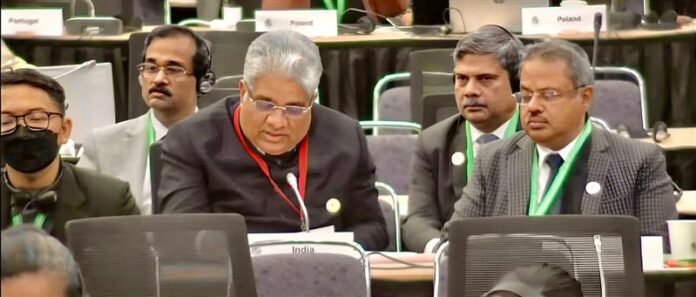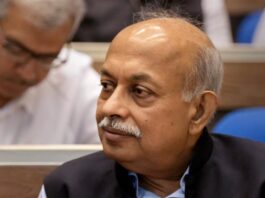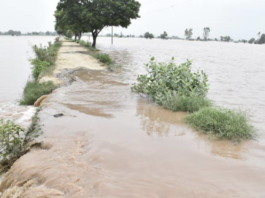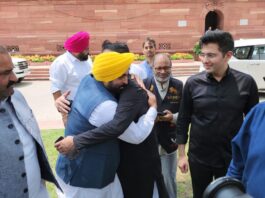New Delhi, December 18
Calling for an urgent need to create a new and dedicated fund to help developing countries successfully implement a post-2020 global framework in order to halt and reverse biodiversity loss, India once again reminded the World the principle of ‘Common but Differentiated Responsibilities and Respective Capabilities’ at COP 15 in Montreal.
Addressing the Stocktaking Plenary at the UN Biodiversity Conference (COP15) in Canada, Environment Minister Bhupender Yadav said goals and targets set in the Global Biodiversity Framework should be ambitious and yet realistic and practical.
While stressing on the importance of agriculture for the developing nations, Yadav told the World that agriculture was a “paramount economic driver” for developing countries and setting numerical global target for pesticide reduction in the agriculture sector was “unnecessary and must be left for countries to decide”.
“For developing nations, agriculture is a paramount economic driver for rural communities, and the critical support provided to these sectors cannot be redirected.
“When food security is of paramount importance for developing countries, prescribing numerical targets in pesticide reductions is unnecessary and must be left to countries to decide, based on national circumstances, priorities and capabilities,” he said
Yadav said biodiversity conservation requires ecosystems to be conserved and restored holistically and in an integrated manner. “It is in this context that Ecosystem approaches for conservation of biodiversity need to be adopted rather than nature based solutions,” he added
Yadav said successful implementation of a post-2020 GBF will depend on the “ways and means we put in place for an equally ambitious ‘Resource Mobilisation Mechanism’.”




